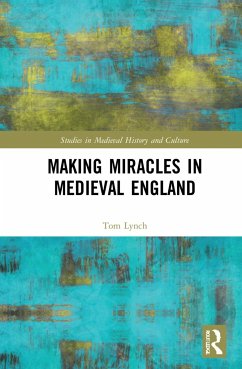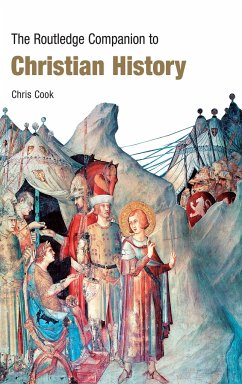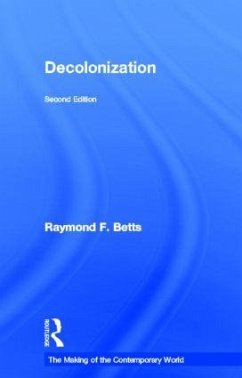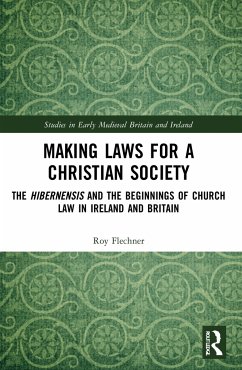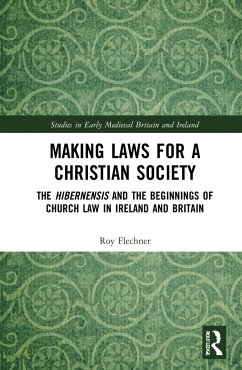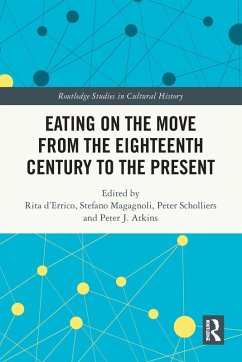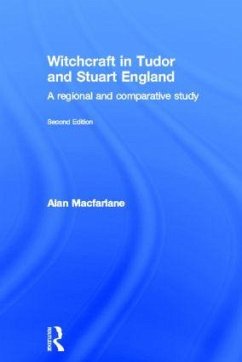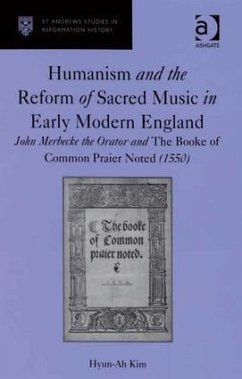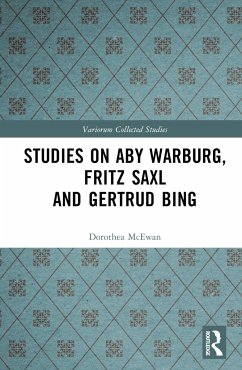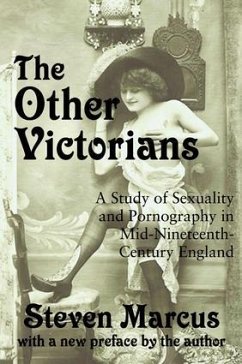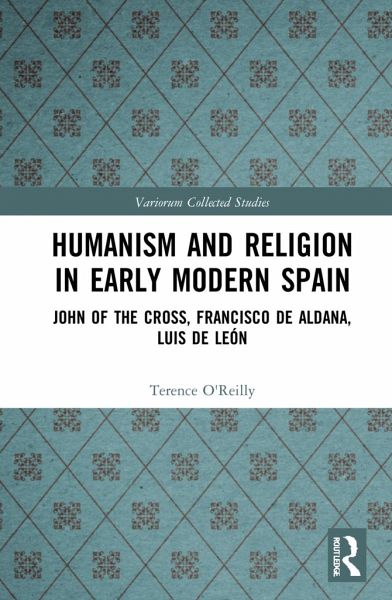
Humanism and Religion in Early Modern Spain
John of the Cross, Francisco de Aldana, Luis de León
Herausgeber: Boyd, Stephen
Versandkostenfrei!
Versandfertig in 1-2 Wochen
168,99 €
inkl. MwSt.
Weitere Ausgaben:

PAYBACK Punkte
84 °P sammeln!
Humanism and Religion in Early Modern Spain brings together twenty-five essays by renowned historian Terence O'Reilly. It is essential reading for scholars and students of early modern Spanish history, as well those interested in literary studies and the history of religion.




